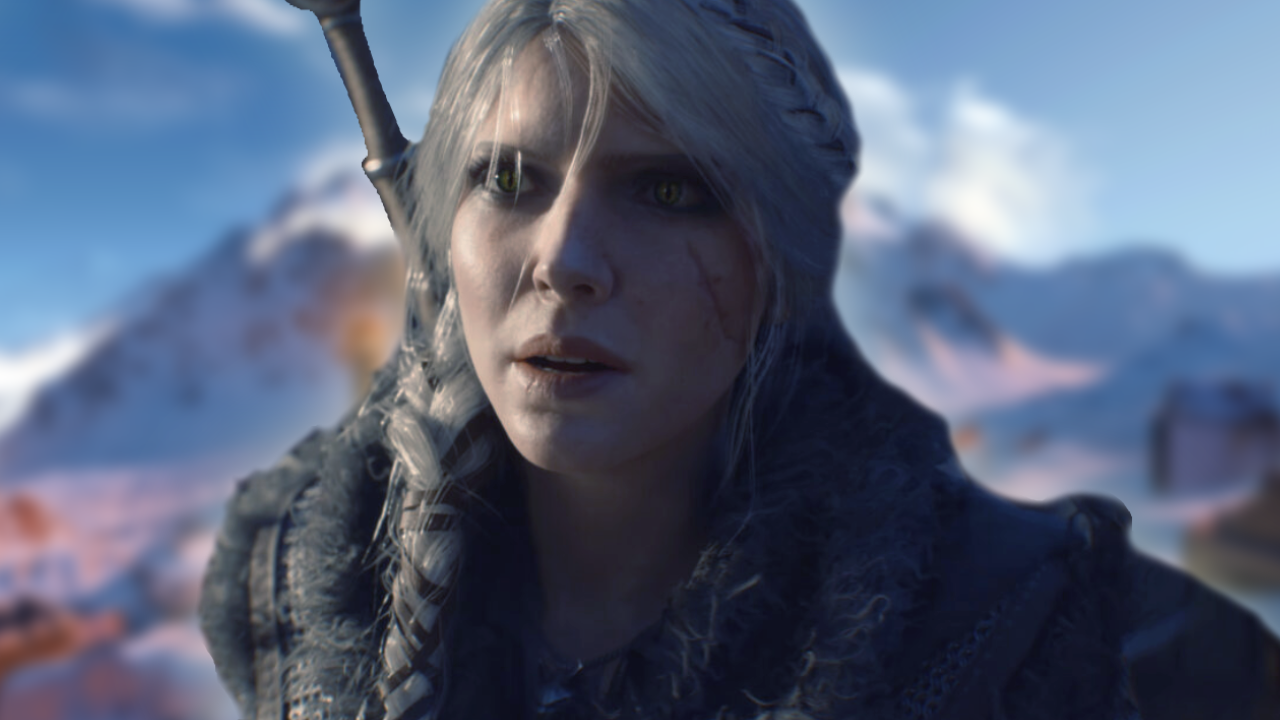The White Wolf retires, the Swallow rises. Did Ciri's role as a main character rewrite the rulebook of The Witcher?
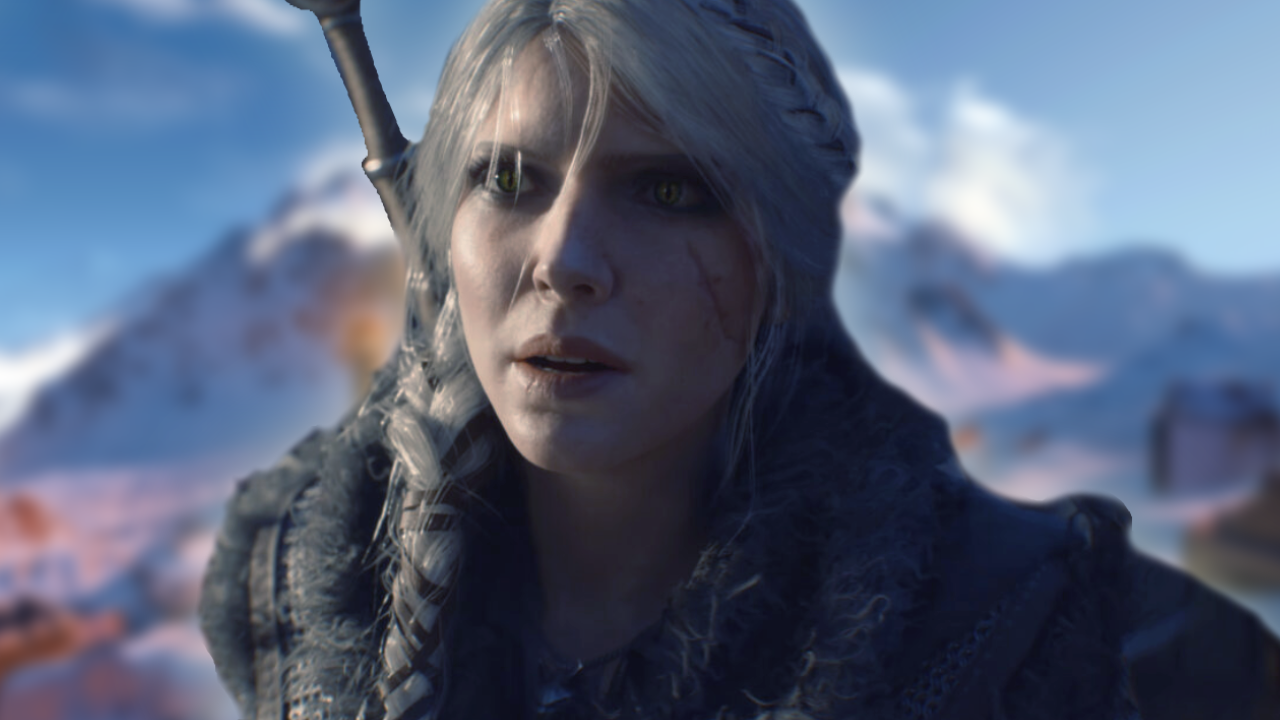
The White Wolf retires, the Swallow rises. Did Ciri's role as a main character rewrite the rulebook of The Witcher?
Is It Even Book Accurate?
To fully understand the debate around Ciri as the protagonist of The Witcher 4, it’s essential to first look at what the original Witcher novels by Andrzej Sapkowski actually say about her. Far from being a side character, Ciri is one of the central figures in the books – arguably the central figure.
She was trained at Kaer Morhen, idolizes the Witchers (particularly Geralt), and repeatedly expresses her desire to become “one of them.”
The used title in the original version in polish “wiedźmin” (translated as “witcher” in English) is deliberately gendered and crafted as the masculine counterpart to “wiedźma” (witch), reflecting the male-centric experience and identity of these monster hunters.
Still, the term “witcher” (or its feminine equivalent “wiedźminka") has actually been applied to Ciri multiple times throughout the books. Even Geralt refers to her in this way. This isn’t simply a title – it’s a reflection of her identity and how others perceive her.
Perhaps most significantly, in the conclusion of Sapkowski’s final book, Lady of the Lake, Ciri calls herself a "Witcheress" as she rides off into a new world. She literally says that perhaps this new world has need for a Witcher like her. Whether or not she is technically a Witcher, her character has clearly chosen that path.
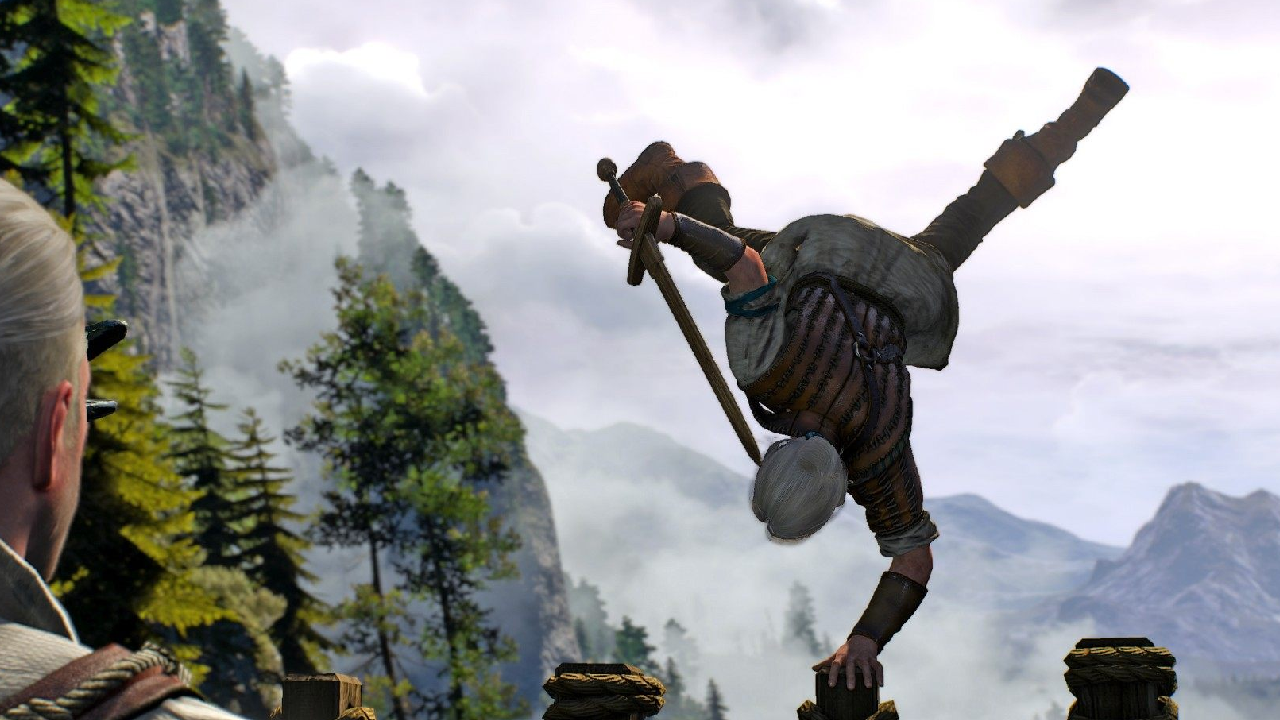
This leads to another key point: how the games have historically handled the books’ lore and canon. Simply put, they don’t follow the books as a direct continuation. CD Projekt Red’s Witcher trilogy is a creative extension – almost an alternate timeline based on Sapkowski’s universe, but not bound by its events or strict canon. While they capture the tone and worldbuilding of the novels, they chart their own course entirely when it comes to storylines, characters, and world states.
From a lore perspective, the games already changed and invented significant narrative elements: political borders, character fates, and entire arcs that either contradict or sidestep the novels.
So when fans argue that making Ciri the protagonist contradicts the books, the counterpoint is simple: none of the games strictly follow the books. The continuity has always been loose, interpretive, and designed to serve gameplay and storytelling above rigid fidelity.
Ciri's Lore And The Endings Of The Witcher 3
Let’s get this out of the way: The Witcher 4 is a continuation, not a reboot.
The original trilogy – especially Geralt’s narrative – came to a satisfying, definitive close in The Witcher 3: Wild Hunt. Even Doug Cockle, Geralt’s voice actor, has confirmed that the White Wolf’s story is over. The next step was always going to be a new lead.
Ciri wasn’t a background character in The Witcher 3; she was already central to both the plot and gameplay. Players took control of her during pivotal quests like “Battle of Kaer Morhen”.
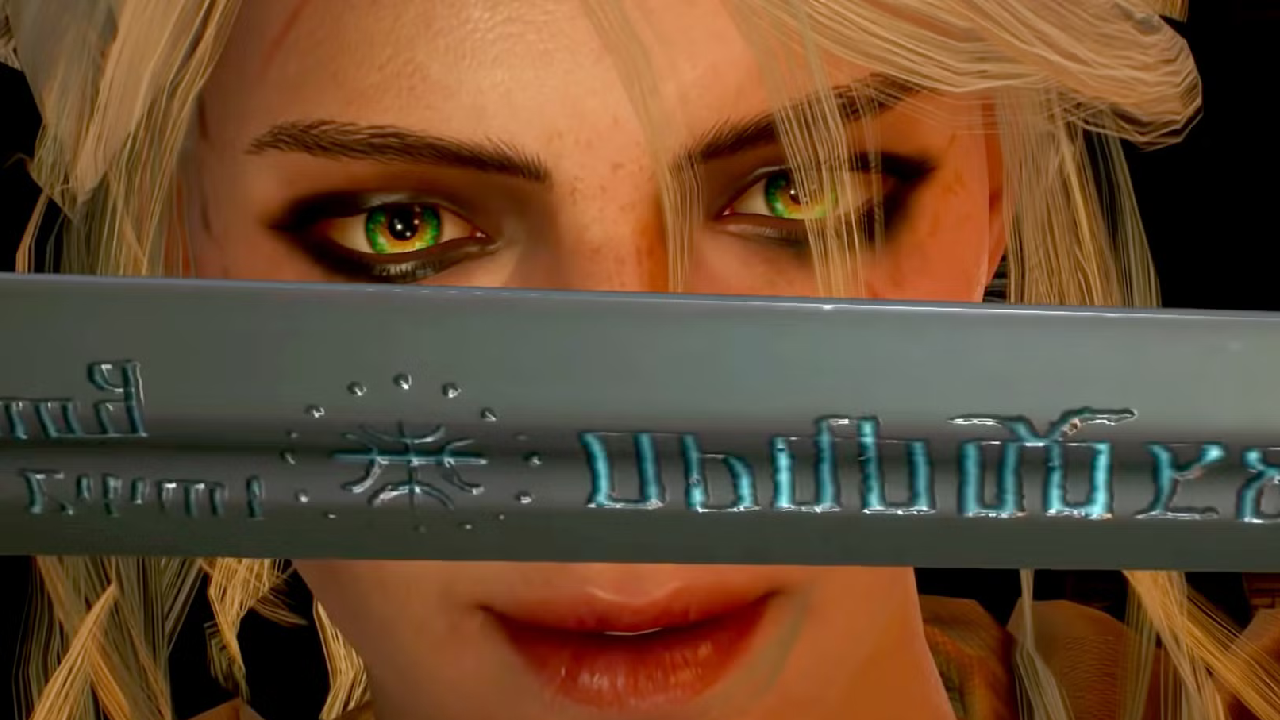
In many ways, then, her elevation to protagonist can be seen as a natural extension of her arc, particularly if the canonical ending is the so-called “Witcher ending,” in which she receives her own sword (Zirael) from Geralt and begins her independent journey.
Fresh Perspective, Fresh Gameplay
One of the strongest arguments in favor of Ciri’s promotion is gameplay variety.
Geralt’s style – swordplay, alchemy, and Signs – was already brilliantly executed across three games. Another Witcher in the same mold risks feeling repetitive. It would be fun – but also predictable. Ciri offers a way to evolve the formula.
Her lore is intricate and intentionally ambiguous, leaving CDPR a sandbox full of potential plotlines. She’s a powerful but flawed character, wrestling with trauma, identity, and destiny. From a narrative standpoint, she’s gold. From a gameplay standpoint, she’s a playground.
Her deep connections to characters like Geralt, Yennefer, and others also allow the return of familiar faces in organic, emotionally resonant ways. She may be headstrong and independent, but she carries Geralt’s legacy with her, both in swordplay and in soul.
Is Ciri Too Overpowered To Be A Protagonist?
Another concern voiced by the fanbase is that Ciri is simply too powerful to serve as a grounded, relatable player character. With the ability to teleport, slow time, and travel between dimensions, some fear that gameplay balance and narrative tension could be lost.
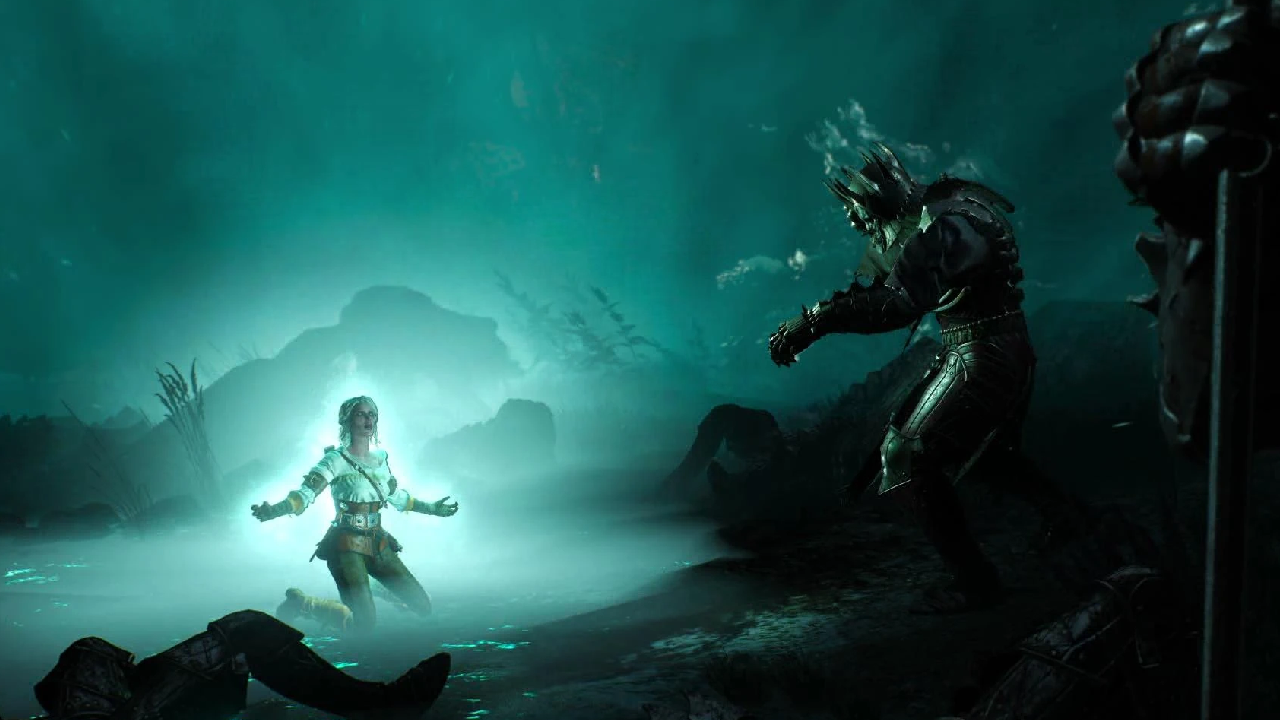
The trailer hints that she may have lost her Elder Blood powers – or at least no longer controls them fully. There are many in-universe ways to explain this: magical burnout, voluntary suppression through the Witcher Mutations, or even the aftermath of trauma.
Ciri has never been mentally stable and who can blame her? Her life has been a kaleidoscope of trauma: hunted, tortured, isolated, manipulated.
Her powers have long been tied to emotional surges like fear, rage, loss. Think back to her explosive reactions during her flight from Leo Bonhart. And while she learns to tame them by the end of the story, she is nowhere near a full sorceress. So her losing her powers temporarily due to a mental block and having to regain them over the course of the game would be a possibility.
Addressing The “Mutant Debate”
One of the most frequently cited concerns among fans is that Ciri becoming a full Witcher contradicts Sapkowski’s (and the games) lore.
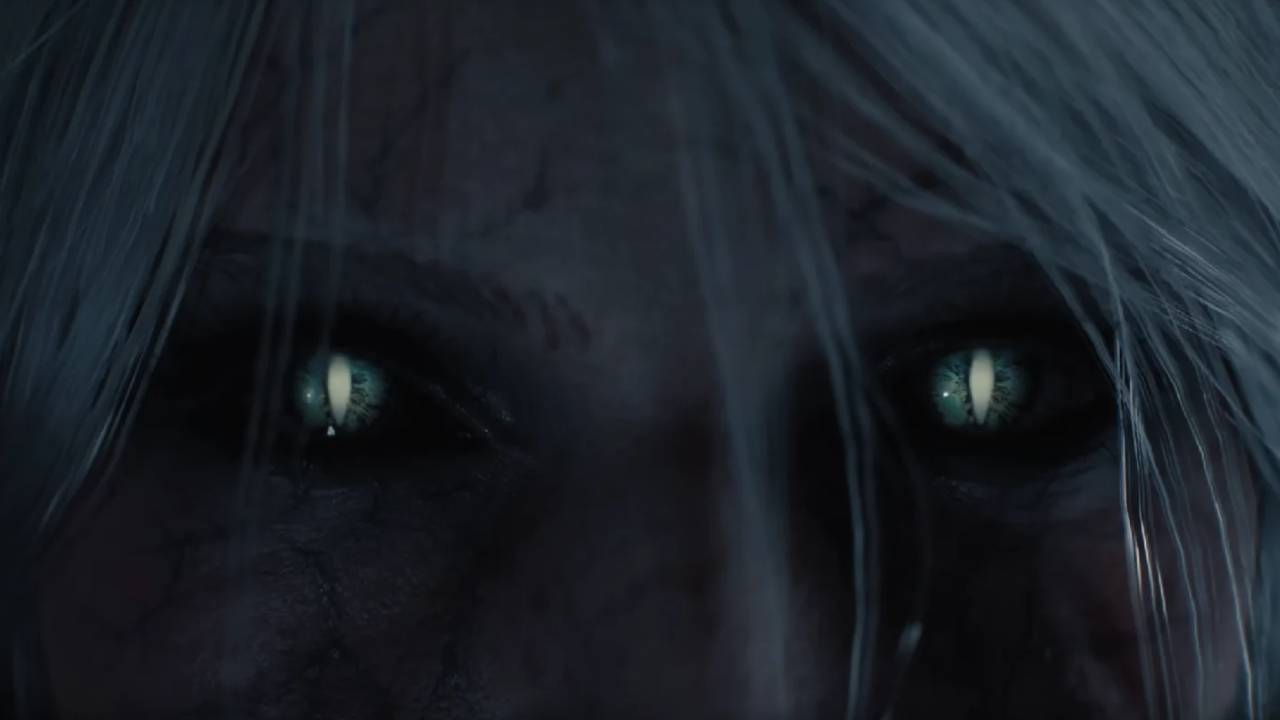
Divisive debates concern whether Ciri should be considered a “true” Witcher, given that she never underwent the full Trial of the Grasses.
In Blood of Elves, Triss explicitly warns against giving Ciri the same mutations that boys at Kaer Morhen undergo, noting both the physical risks and ethical implications. A well-known quote paraphrased from the book sums it up: “She is not like us, Vesemir. She was never meant to be.”
Female Witchers don’t exist in Sapkowski’s canon. Not because they shouldn't, but because none have survived the mutation process.
The process is specifically calibrated for young males, and its lethality is so high that even for them, survival is rare. To suggest that Ciri could survive it – or worse, benefit from it – some argue, stretches the logic of the world too far.
The mutations were designed to elevate ordinary boys to monster-fighting standards. Ciri’s power already eclipses this. In fact, going through the mutations could diminish her magic, as the process often restricts magical potential to basic Signs.
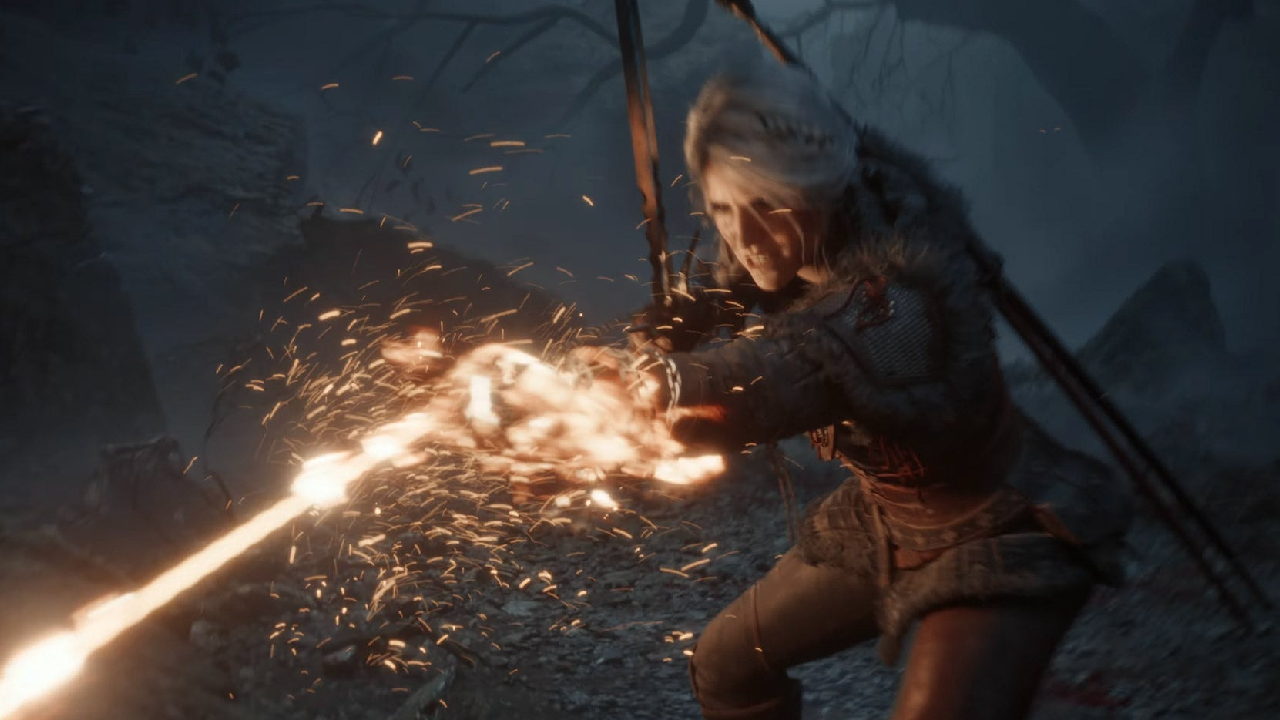
However, this view often overlooks important nuances. First, Ciri is not a normal human. As the last descendant of Lara Dorren, she possesses Elder Blood, granting her innate magical abilities make it far more likely to survive the process.
Even if she lost her powers in the process, there's a big possibility that this choice was made willingly – either for her safety or the world's.
This narrative opens up complex themes of trauma, self-harm, and her reoccuring struggle with her "Chosen one" identity. A role that she was never quite satisfied with.
It would also explain her potential “nerf” in gameplay terms. She would no longer be an omnipotent interdimensional being, but a still-powerful warrior with limits – a Witcheress, not a goddess. And that would make way for interesting storylines.
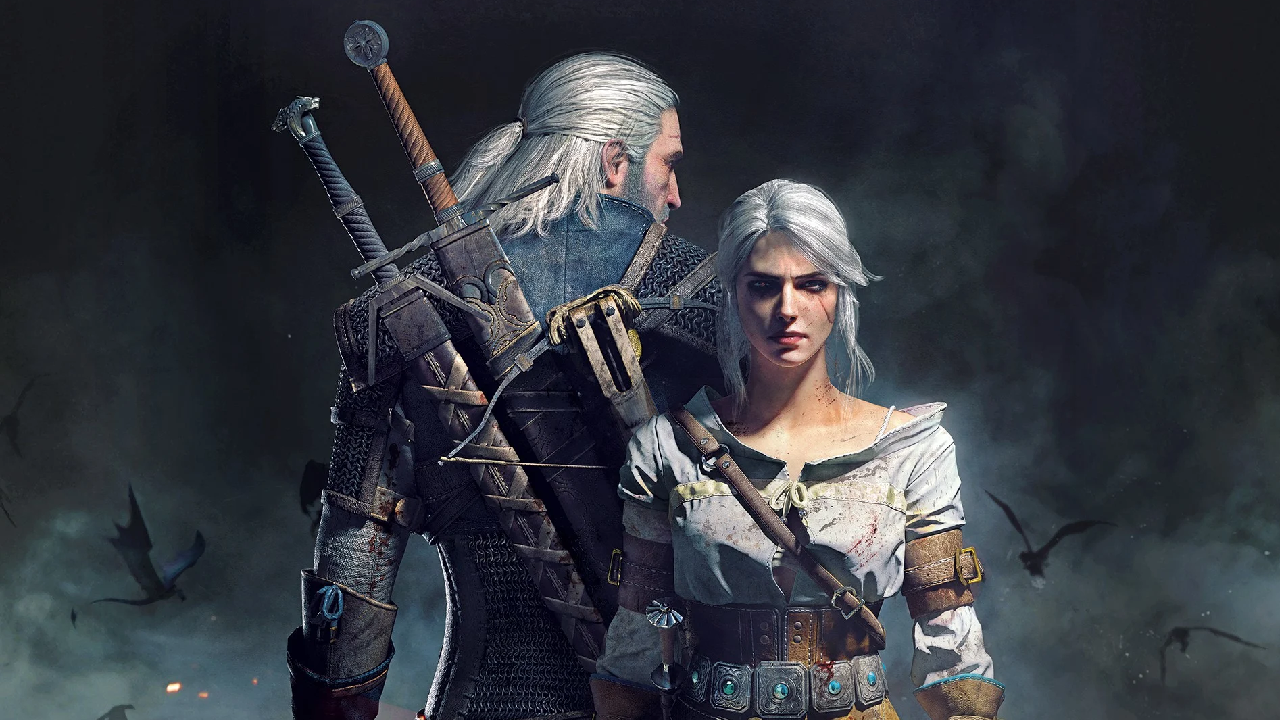
Conclusion
So here we are: a story closing one door only to tear open a portal to countless others – quite literally, in Ciri’s case.
Sure, questions remain about why her journey unfolds the way it does, but there is enough groundwork laid in both the books and games to justify her starring role. Ultimately, it comes down to execution.
Giving Ciri the lead isn’t a betrayal of The Witcher’s spirit; it’s a natural, logical step forward.


































